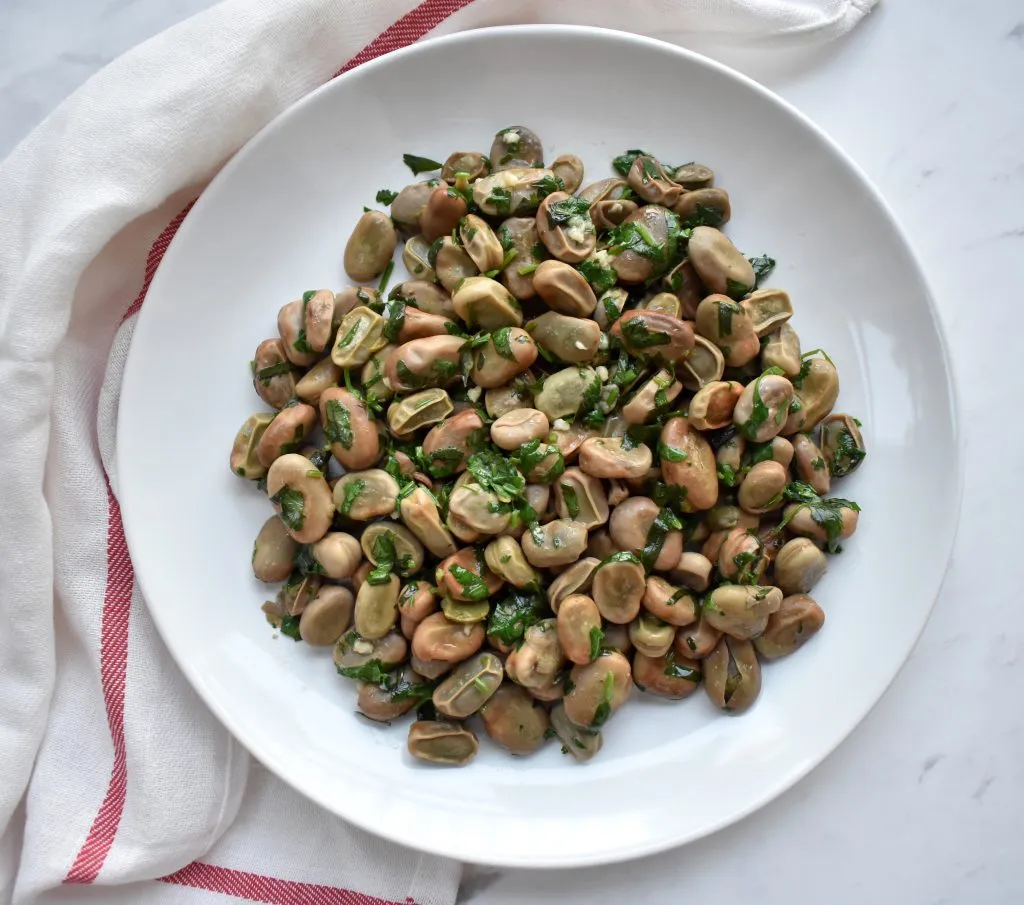In the sun-drenched fields of the Mediterranean, a silent battle is waging, one that threatens the heart of faba bean production. The culprit? A tiny, unassuming insect known as Lixus algirus, a stem borer that’s been making life difficult for farmers and their lucrative legume crops. New research, published in *Frontiers in Insect Science*, sheds light on the extent of the damage this pest inflicts, not just on yield, but also on the nutritional quality of the seeds.
Faba beans are a staple in the region, playing a pivotal role in crop rotations and providing an affordable protein source for both humans and livestock. But the stem borer, Lixus algirus, has been steadily chipping away at this vital resource. Mohamed Ouaarous, lead author of the study and a researcher at Mohammed VI Polytechnic University in Morocco, and his team set out to quantify the impact of this pest on grain yield and seed nutritional profile.
Their findings are stark. Over two growing seasons, they found that Lixus algirus infestation led to grain yield losses ranging from 14% to 20%. “This is a significant blow to farmers,” Ouaarous explains. “Faba beans are a crucial crop in the region, and these losses can have substantial economic implications.”
But the damage doesn’t stop at yield. The team also discovered that the pest alters the nutritional composition of the seeds. Seeds from infested plants showed significant declines in essential minerals like magnesium, manganese, calcium, zinc, and iron. “The reduction in mineral concentrations is a cause for concern,” Ouaarous notes. “These minerals are vital for human health, and their depletion could have implications for food security.”
Interestingly, the study also found that infested plants had higher protein content and total sugar levels. This could be a coping mechanism, Ouaarous suggests, as the plant tries to compensate for the damage caused by the pest. However, this doesn’t negate the overall negative impact of the infestation.
The commercial implications of these findings are profound. Faba beans are not just a food crop; they’re also a key component in livestock feed. The alteration in nutritional quality could have ripple effects throughout the agricultural sector. As such, the study underscores the need for integrated pest management strategies that not only control the pest but also preserve the nutritional quality of the crop.
Looking ahead, this research could shape future developments in the field. It highlights the importance of host plant resistance and timely integrated pest management (IPM) strategies. “We need to develop strategies that are not only effective but also sustainable,” Ouaarous stresses. “This is crucial for preserving both productivity and food quality.”
The study, led by Mohamed Ouaarous from the AgroBioSciences Program at Mohammed VI Polytechnic University, serves as a wake-up call for the agricultural sector. It’s a reminder that pests like Lixus algirus are not just a nuisance; they’re a threat to our food security and nutritional health. As such, it’s a call to arms for researchers, farmers, and policymakers alike to come together and tackle this challenge head-on.

